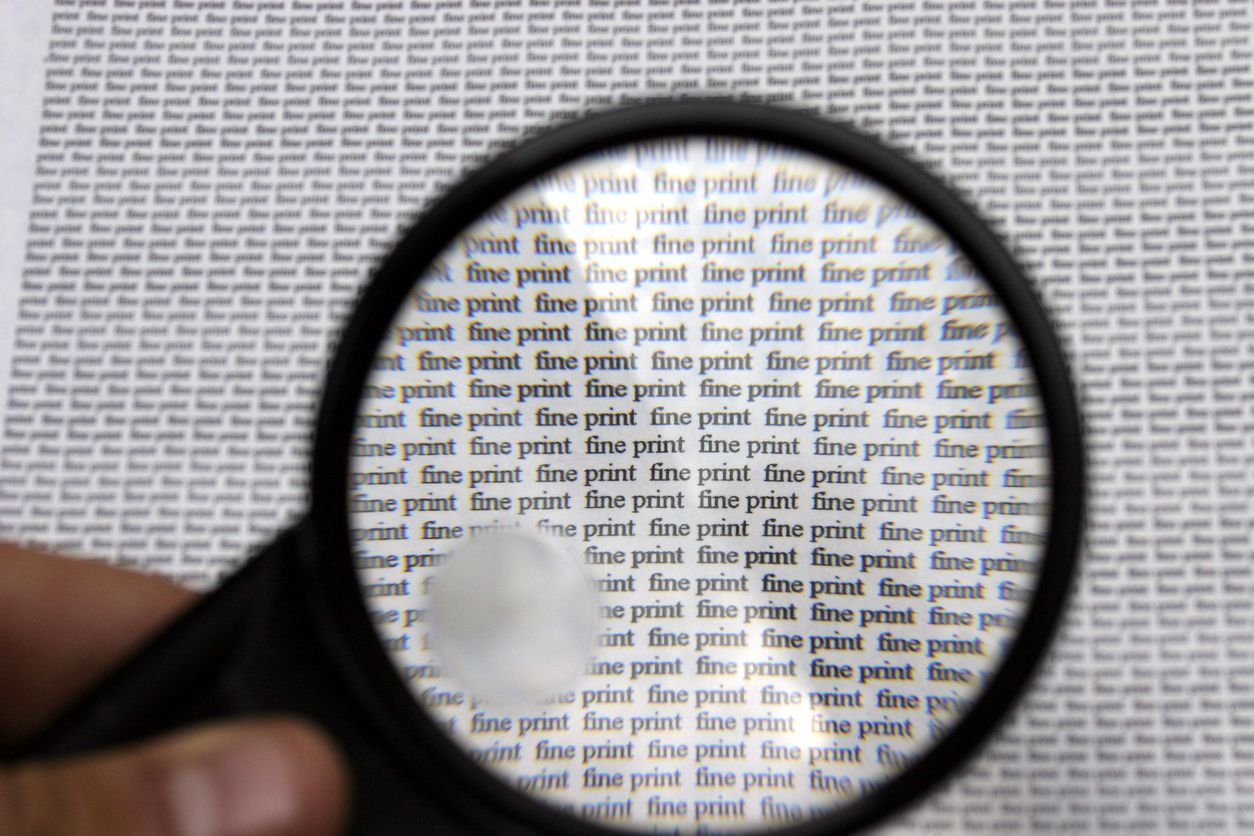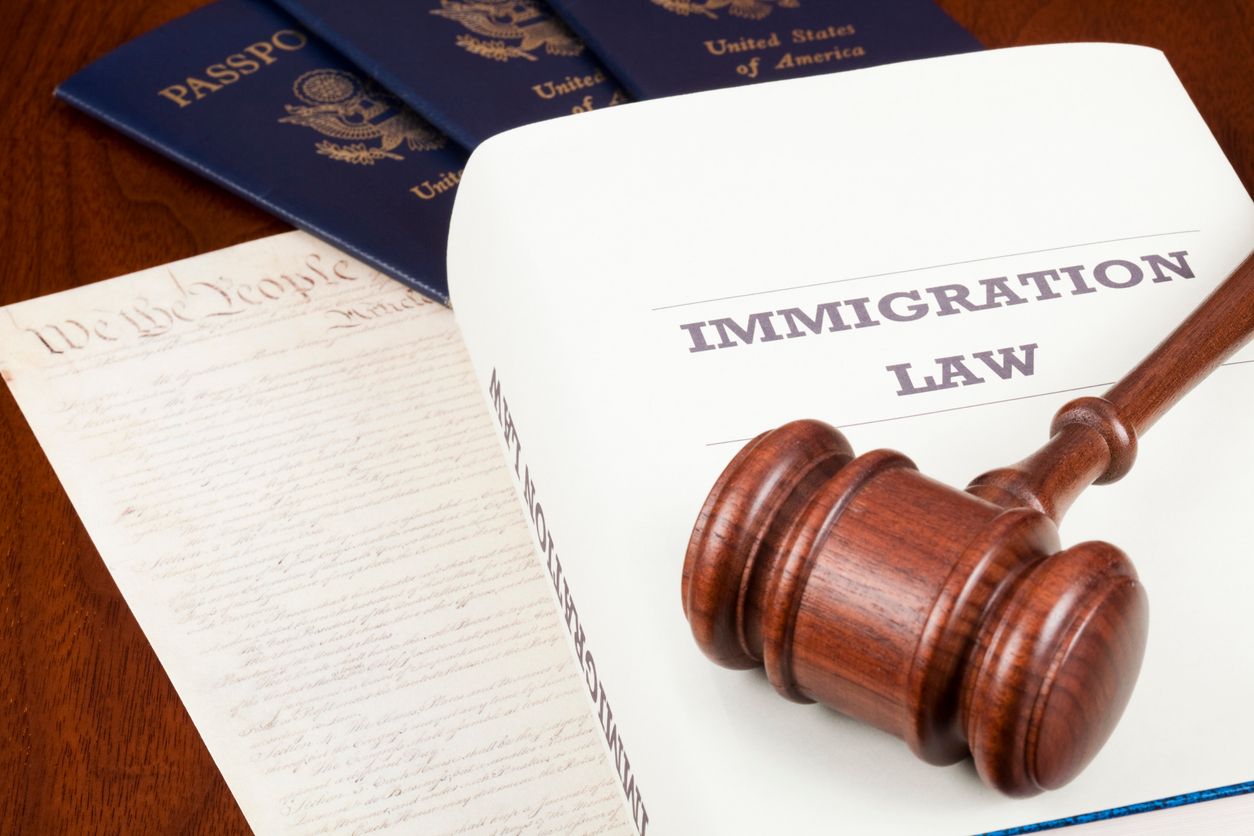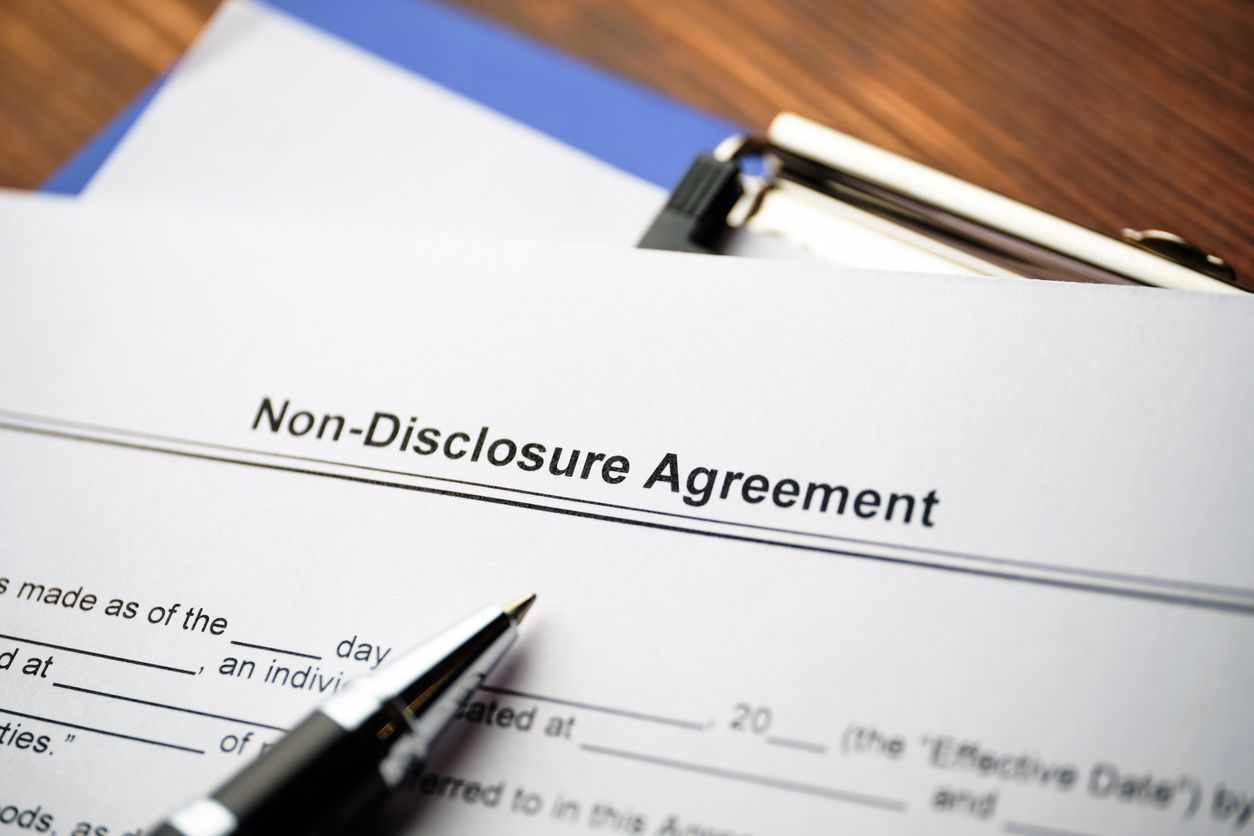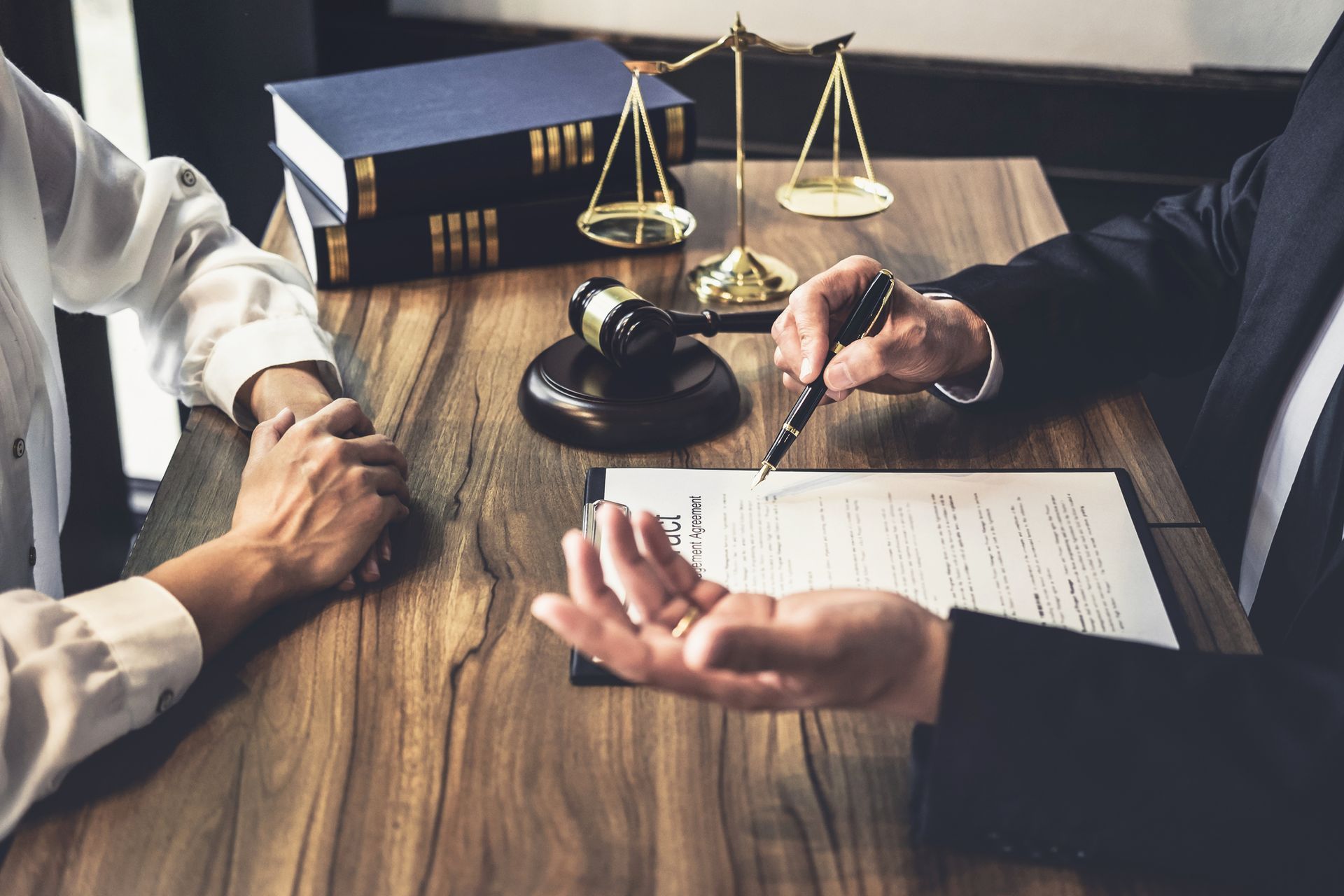What Goes Into a Will (And Why You Need an Attorney)
Do you have a will in place? You might think this is something you can put off, but at the risk of sounding grim, the reality is you never know what will happen. For that reason, it’s essential to document your wishes in a legal document.
What To Include in Your Will
Your will outlines how your assets and property will be distributed after your death. It typically includes the following information:
- Identification: The will usually starts by identifying whose will it is. This should include your full name, date of birth, and address. This ensures there is no confusion and someone can’t argue that the will isn’t yours.
- Appointment of an executor: In the will, you should appoint an executor. This is the person who is responsible for carrying out your wishes outlined in the will. The executor may be a family member, friend, or professional executor.
- Beneficiaries: It should then identify the beneficiaries who will receive your assets and property. This can include family members, friends, charities, or other organizations – basically whoever or whatever you wish to inherit your assets.
- Specific bequests: The will may also include specific gifts or bequests to individuals or organizations. This includes if you want to leave a specific amount of money to a charity of your choice.
- Residual estate: After stating who gets specific items, they will then outline what happens to the rest of the estate, and how it is distributed.
- Guardianship of minor children: If you have young children, it’s essential to name the guardians of choice in your will. This will give you some assurance that your minor children will be taken care of.
- Funeral arrangements: You can also include instructions for your funeral and burial wishes. This will take the pressure off of your loved ones when planning services.
Why You Need an Attorney
It’s no secret that you can create a will online or without the help of a lawyer. While you can – it’s not advisable. You need an experienced professional on your side to help you navigate the process, and make sure your document is legal, and that it’s filed appropriately.
An estate planning attorney can provide:
- Knowledge of the law: An estate planning attorney knows the ins and outs of the laws and regulations associated with wills. A lawyer can help ensure that your will is legal, valid, and enforceable.
- Advice: An attorney can provide personal advice based on your needs and circumstances. This can include addressing issues, such as tax implications, probate procedures, or the division of assets among beneficiaries.
- Avoid errors: An attorney can help you create a will that is clear, accurate, and addresses your wishes. Doing it on your own puts you at risk of making mistakes or using unclear language that can lead to confusion later.
- Keep it updated: Over time, you might change your mind about certain items listed in your will. If you created your will on your own, you might overlook this step and leave it outdated. If you hire an attorney, you have a resource on your side to help you make these changes.
Why Hire Us for Your Will
It’s essential to have a lawyer help you create a will. Let our estate planning attorneys at Johnstone Adams LLC help you.
Ranked in the 2023 U.S. News – Best Lawyers® “Best Law Firms” list regionally in 12 practice areas, we have experts in many areas of law to give our clients top-notch representation. In business for more than a century, our firm can mix its experience with the ability to evolve with the changing times.















